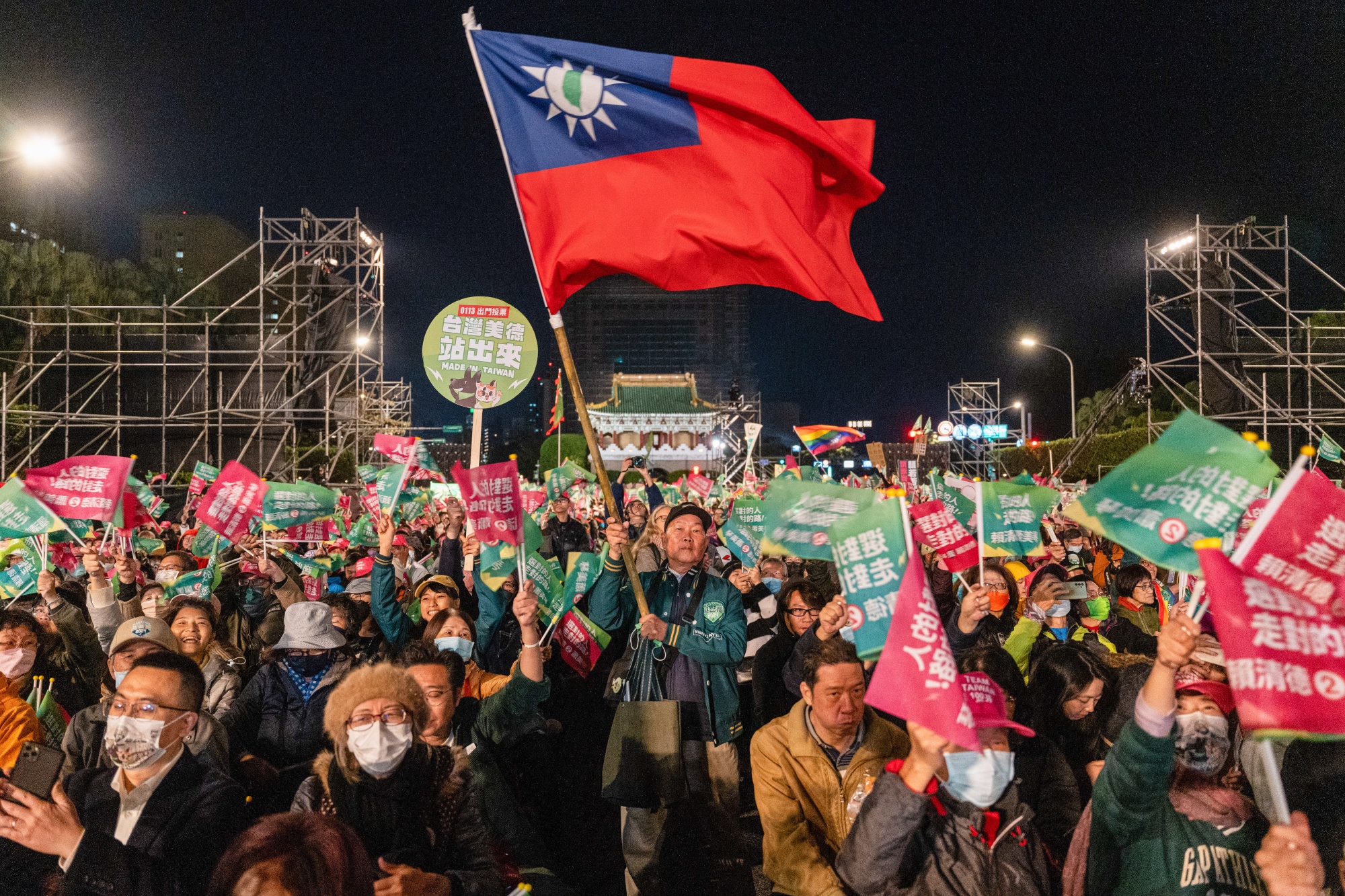Ahead of joint military exercises with its allies, the Philippines asserts that two Chinese coastguard vessels “harassed” Filipino fishing vessels within its exclusive economic zone (EEZ) in the disputed South China Sea.
On April 4, the coastguard vessels in the Iroquois reef “pretended to operate their water cannons and threatened Filipino fishermen,” according to a statement published on X on Saturday by Jay Tarriela, a spokesman for the Philippine Coast Guard.
Tarriela wrote in a statement, “This aggressive action is the result of China’s avarice and unsubstantiated claim that these waters are theirs based on an imaginary dashed line.”
The Chinese government, which asserts sovereignty over nearly the entire South China Sea, did not immediately provide a statement.
“It is crucial to acknowledge that Rozul Reef, which is situated around 128 nautical miles from Palawan, is within the exclusive economic zone (EEZ) of the Philippines,” Tarriela continued, using the reef’s Filipino name. The Philippines alternatively designates the region of the South China Sea enclosed within its EEZ as the West Philippine Sea.
In recent months, the Philippines and China have documented multiple maritime encounters, including the deployment of a water cannon. The two nations have long contrasted in the vicinity of the contested reefs in the vast and resource-rich seaway.
Since assuming office in 2022, President Ferdinand Marcos Jr. of the Philippines has pursued warmer relations with the United States and other Western nations. He has also taken a strong stance against what he perceives to be Chinese hostility.
Following the most recent confrontation, which resulted in harm to Filipino soldiers and vessels, he declared a month ago that the Philippines would retaliate against China with countermeasures.
Regional Alliances Strengthen Amidst South China Sea Tensions
On Sunday, the Philippines will conduct joint air and naval exercises with the United States, Australia, and Japan in the contested region. The Philippines seeks to strengthen its alliances in an effort to counter China’s growing assertiveness in the area.
Saturday, the four countries’ participating defense chiefs issued a joint statement expressing their “collective commitment to strengthen regional and international cooperation in support of a free and open Indo-Pacific” through the exercise.
The following week, the first trilateral summit is scheduled to occur in Washington, DC, between US President Joe Biden, Marcos Jr., and Japanese Prime Minister Fumio Kishida.
According to the statement, the naval and air force elements of all four nations will participate in the drills. The statement did not provide any additional information.
The exercises will include “anti-submarine warfare training,” according to the Japanese embassy in Manila.
China has attributed the escalation of tensions in the disputed waterway to the Philippines.
The United States has consistently affirmed its “ironclad” dedication to safeguarding the Philippines from any potential armed assault in the South China Sea, as stated by high-ranking US officials.
US Secretary of Defence Lloyd Austin stated, “These activities with our allies Australia, Japan, and the Philippines demonstrate our shared commitment to ensuring that all nations are free to fly, sail, and operate wherever international law permits.”





